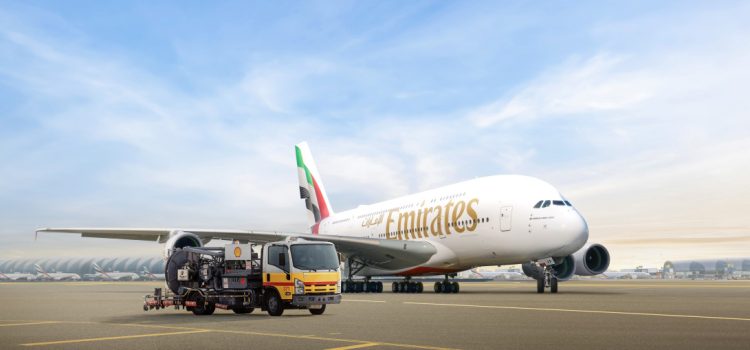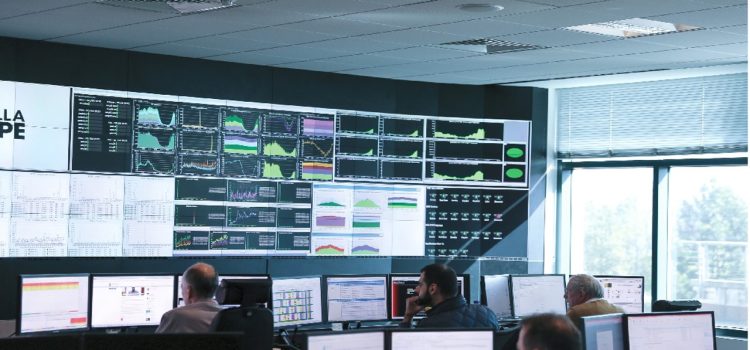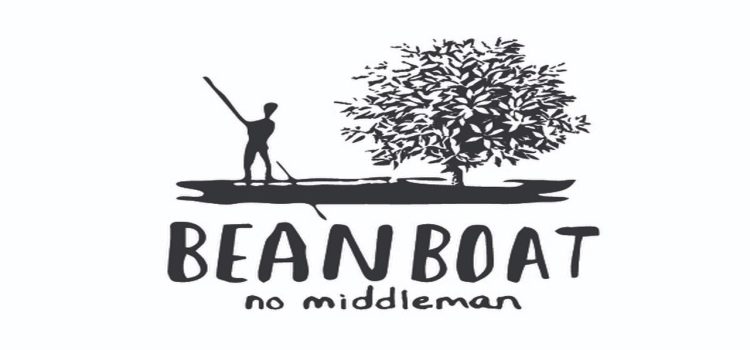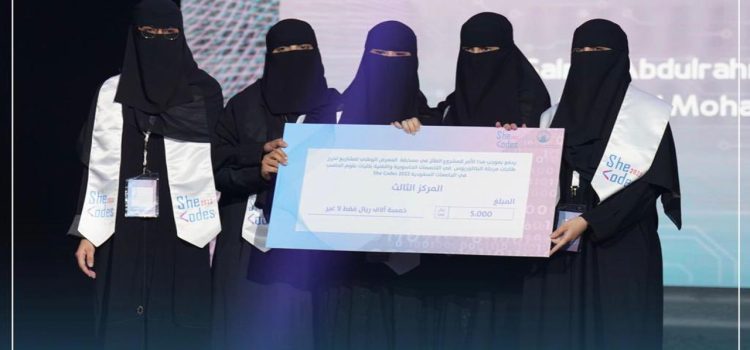
UAE Emirates Airlines has signed an agreement with Shell Aviation to supply 300,000 gallons of blended sustainable aviation fuel and will track this using Blockchain enabled platform Avelia at its international hub in Dubai.
Avelia is a blockchain powered book-and-claim solution that provides users with fully traceable environmental attributes of SAF to help decarbonize their air travel.
Avelia is powered by Shell Aviation and Accenture, with support from Energy Web together with American Express Global business travel. Through Avelia, Emirates will purchase the physical SAF and associated environmental attributes to help decarbonize its Scope 1 related emissions, while Scope 3 environmental attributes associated to the same physical SAF will be purchased by Shell Corporate Travel to help decarbonize its related business travel.
According to the news, the first SAF delivery under the agreement is expected to commence before the end of the year, making it the first time that SAF is supplied through the DXB airport fuelling system, the airline said in a statement.
SAF can be blended with conventional jet fuel at a ratio of up to 50%, creating an aviation fuel that is significantly lower in lifecycle carbon emissions. In its neat form, SAF can reduce lifecycle emissions by up to 80% compared to conventional jet fuel.
Emirates President Tim Clark said: “We are proud to work in partnership with Shell to make a SAF supply available for Emirates in Dubai for the first time, and to utilize the Blockchain Avelia platform that provides business travellers the flexibility to align their sustainability targets and reduce their environmental footprint when travelling.”
Chu Yong-Yi, Vice President of Shell Corporate Travel said: “Emirates and Shell have a long-standing commercial relationship, and it is fantastic to build on this to now work together on decarbonisation. This agreement marks a step forward for the aviation industry in the UAE. Enabling SAF to be supplied at DXB for the first time is an important milestone, and a perfect example of how the different parts of the aviation value chain have a role to play in unlocking progress on SAF. We hope that this can act as a springboard for more action on SAF across the aviation industry in the UAE and region, delivering another step forward for our net zero emissions journey.”
In May this year, Emirates airline announced a $200 million sustainability R&D fund aimed to reduce the impact of fossil fuels in aviation, with Clark saying “with the current pathways available to airlines in terms of emissions reduction, our industry won’t be able to hit net zero targets in the prescribed timeline”.











